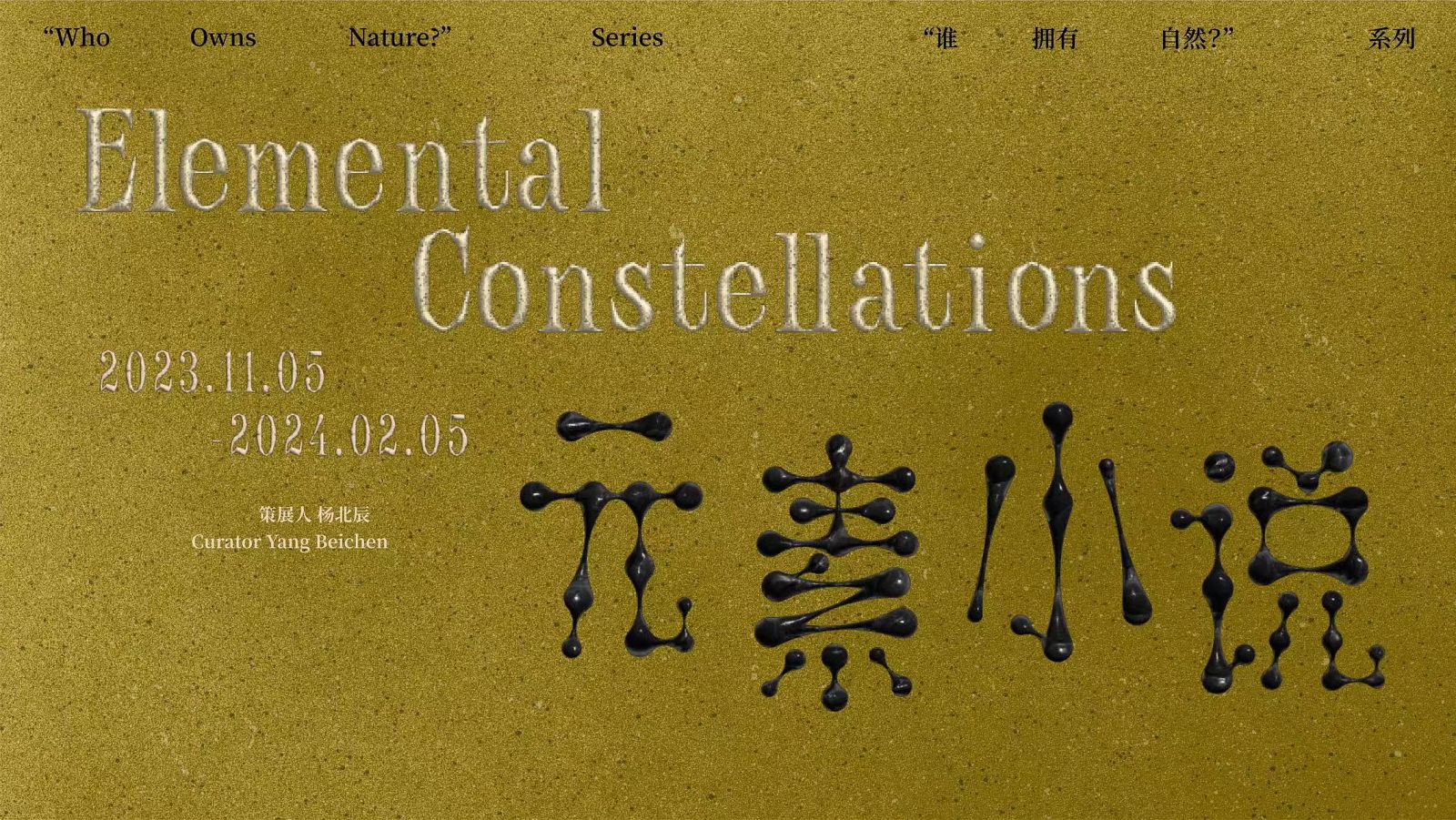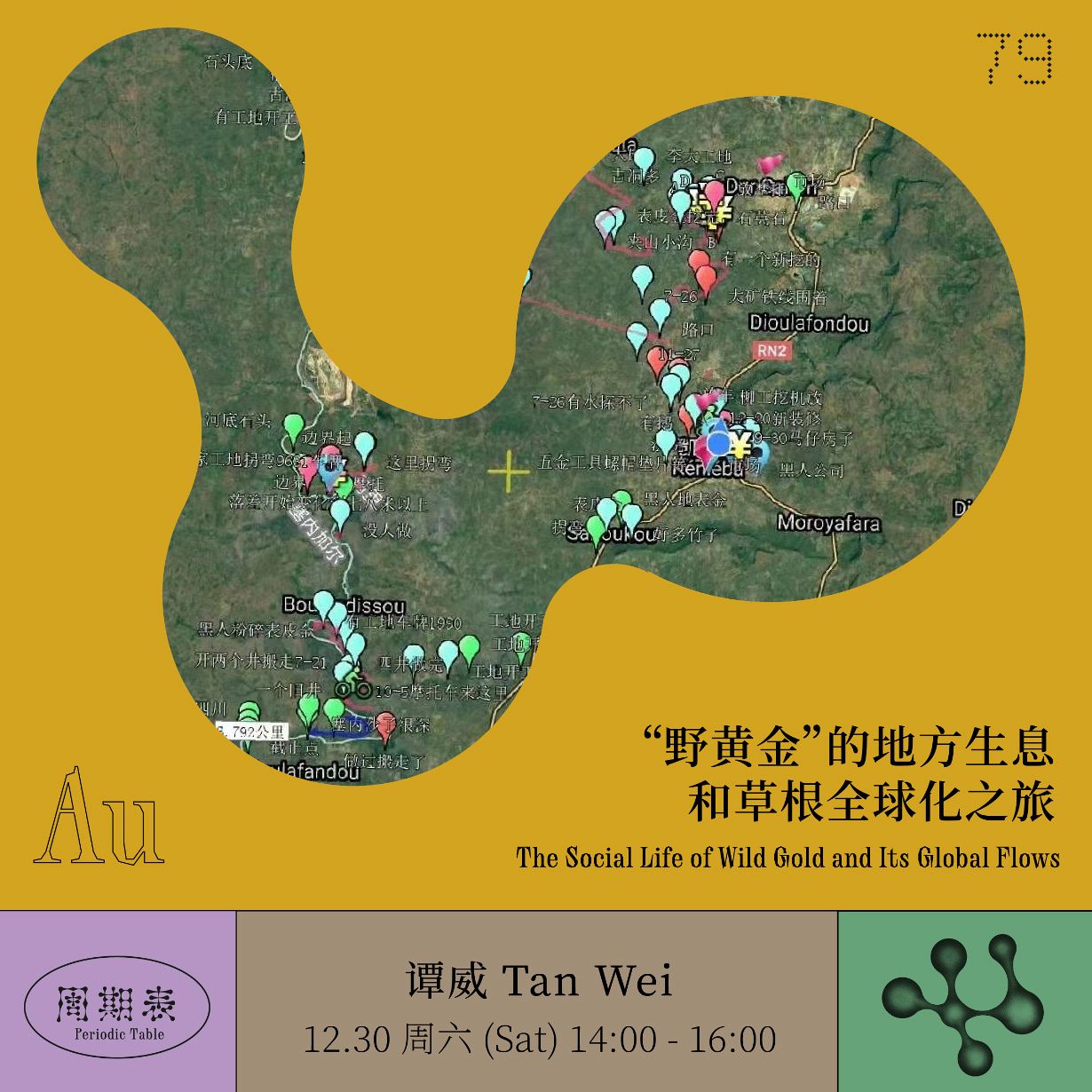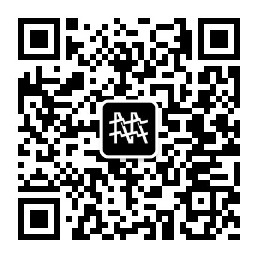 Elemental Constellations
Elemental Constellations
2023.12.30 Saturday 14:00
Location
706 N. 1st St.798 Art Zone, 2 Jiuxianqiao Rd., Chaoyang, Beijing
This is a story of grassroots globalization driven by "wild gold", a unique mineral that combines hardship, hope, imagination and speculation.

No one could have imagined that Shang Lin, Guang Xi, this borderland of South China would become a gold rush for the transnational capital of the overseas Chinese in the 1930s during the "Great Depression" of the world economy, a fertile scientific ground for modern geologists' geological exploration and field research, and an outpost of nation-states aspiring to mining modernity. In the contemporary global encounter between China and Africa, "gold-digging Africa" is like a tropical storm sweeping from the African continent, attracting local grassroots capital and transnational miners to move nimbly around the gold belt of West Africa. These bottom-up flows not only shape a unique world of "wild gold" production but also constitute a restless, hopeful undercurrent of grassroots globalization. This talk will share with you the travels of "wild gold" in the "South" (South China and the Global South), and how this undercurrent of grassroots globalization has violently shaken the local wealth and moral codes.
Tan Wei is a postdoctoral researcher at Peking University. His research interests include grassroots globalization, transnational migration between China and Africa, mining in the Global South, and geological anthropology, etc. His non-fiction work “The Gold Coast: The Hidden Currents of Chinese Grassroots Gold Hunters in West Africa" was awarded the second season of the "The Frontline Fellowship for Chinese Non-Fiction Writing.”Other works include "Objects and Global Africa", "Common Crops, Green Gold or Mental Drugs? The Social History of Khat in the Horn of Africa", etc., Tan Wei has been selected for research funding programs such as the China Field Research Fund and the Yurun Health Research Fund.
